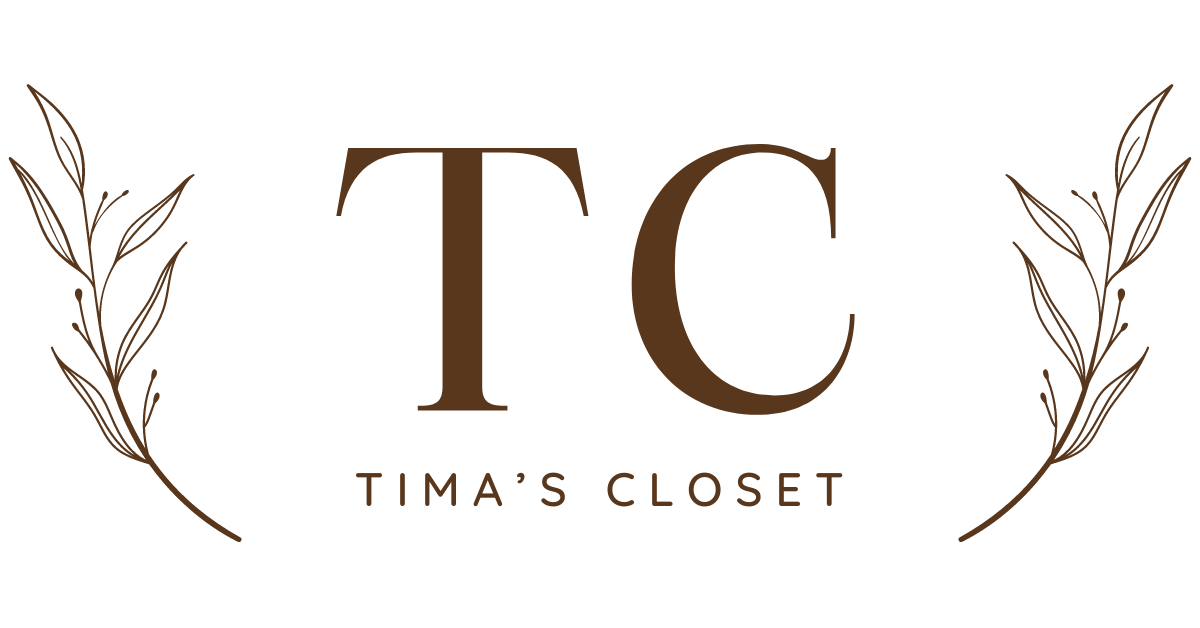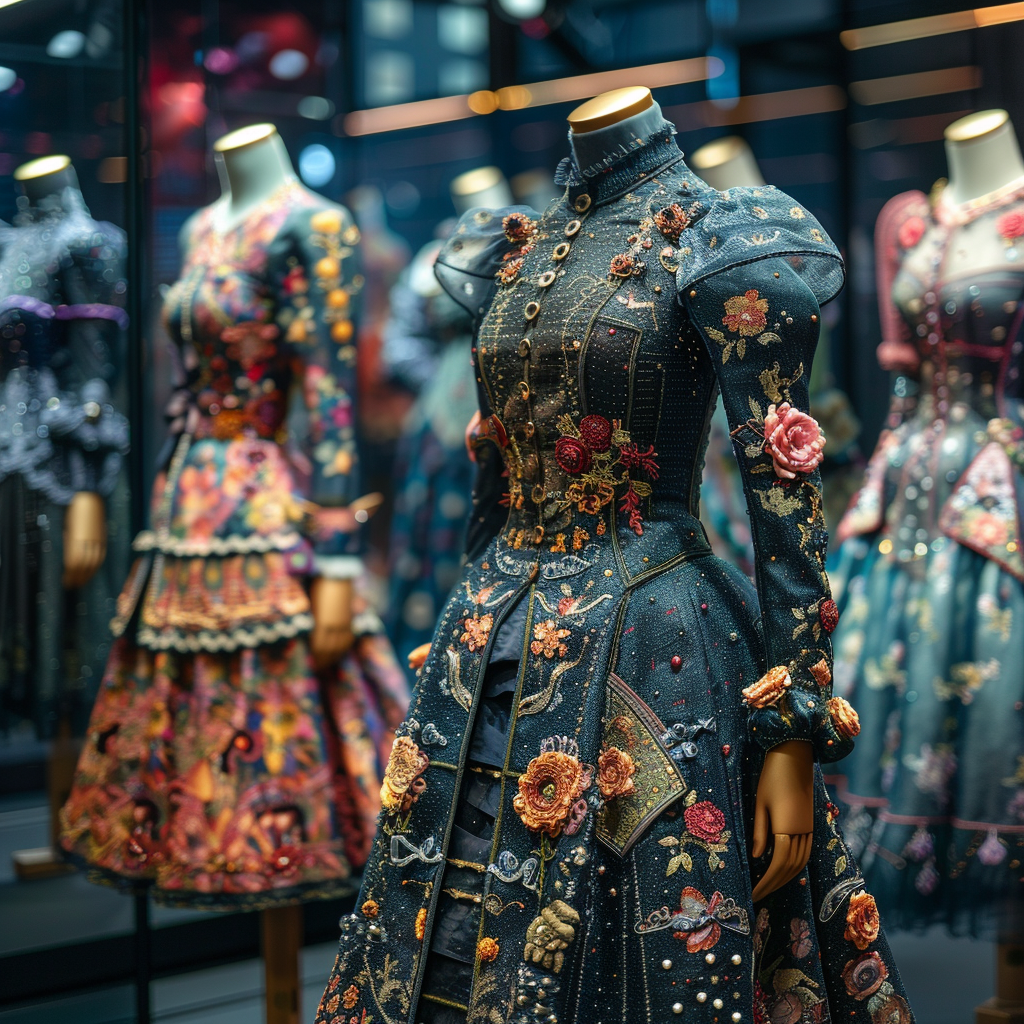Luxury has always been about more than clothes. It’s about experience, the feeling of being seen, understood, and indulged. For decades, that meant craftsmanship, exclusivity, and heritage. But now, in 2025, a new player has entered that sacred space: artificial intelligence.
AI isn’t just shaping fast fashion or e-commerce anymore, it’s quietly transforming the way luxury brands design, produce, and connect with their clients. It’s the future of couture, personalization, and even creativity itself.
And while some people fear that technology might strip the soul out of luxury, the truth is: it might be making it more human than ever.
From Heritage to Hyper-Personalization
Once upon a time, luxury meant tradition. The same ateliers, the same stitches, the same silhouettes refined over decades. The magic was in the mastery, the quiet precision of human hands.
But as the world changed, so did the definition of exclusivity. In an age where information, images, and influence are infinite, the rarest thing you can have is something that feels uniquely yours.
That’s where AI comes in.
Today, luxury houses use artificial intelligence to offer hyper-personalized experiences, custom fittings, digital avatars, and design recommendations based on each client’s aesthetic, size, and even lifestyle.
Imagine walking into a boutique and seeing pieces rendered in real time in your preferred shade of olive, tailored precisely to your digital body twin. That’s not the future, it’s already here.
Craftsmanship Meets Code
At first glance, AI and craftsmanship seem like opposites. One is human touch; the other, machine logic. But the best brands are proving that they can coexist beautifully.
Take Dior’s digital ateliers, where artisans now use AI to test thousands of embroidery variations before ever threading a needle. Or Burberry’s AI fabric simulations, which allow designers to see how a garment moves before it’s even made.
It’s not about replacing humans, it’s about refining their process.
AI doesn’t create the emotion behind a design; it amplifies the precision that brings that emotion to life.
In a sense, technology has become the new atelier assistant, efficient, invisible, and incredibly loyal to detail.
AI as a Storyteller
The best luxury brands don’t just sell clothes, they sell stories. And AI is becoming an unexpected storytelling partner.
Through data, brands can now anticipate what kinds of narratives resonate with their clients. They can personalize campaigns, visuals, even the tone of an email. Imagine receiving a note from your favorite brand that feels as if it was written just for you.
In fact, many high-end houses are now experimenting with AI-generated lookbooks and custom campaign experiences, where the visuals evolve based on your preferences.
It’s no longer about showing everyone the same story — it’s about curating an intimate one-on-one conversation.
The Rise of Digital Couture
One of the most fascinating evolutions in luxury is happening entirely online.
Digital couture, once seen as a gimmick, has become an emerging art form. Brands like Balenciaga, Gucci, and Dolce & Gabbana have experimented with purely digital fashion lines, selling virtual garments for avatars or digital photoshoots.
What makes this luxurious isn’t the material, it’s the craftsmanship behind the digital design. These aren’t cheap 3D renders. They’re meticulously built, textured, and lit to perfection, sometimes taking as much time as physical couture pieces.
There’s something beautifully paradoxical about this:
Even in a virtual world, craftsmanship and attention to detail remain the ultimate status symbols.
The Ethics of Innovation
Of course, innovation comes with questions.
When AI enters the atelier, who gets the credit? Can a machine truly “design”? Does using technology dilute the human soul of fashion?
These are valid fears, and the best brands are addressing them by being transparent.
Many luxury houses now emphasize collaboration with technology, not dependence on it. Designers use AI as a creative partner, a source of inspiration or efficiency, but the final call remains human.
There’s also growing interest in ethical algorithms, systems trained to avoid bias, overproduction, and waste. In that sense, AI is helping luxury brands uphold the very values they’ve always stood for: precision, restraint, and responsibility.
The New Meaning of Luxury
If you ask me, the future of luxury isn’t about robots or algorithms, it’s about intention.
Luxury in 2025 feels less like status and more like serenity. It’s the ability to slow down, to have something made just for you, to know where it came from, and to feel emotionally connected to it.
AI is simply helping make that possible at scale, by anticipating needs, eliminating waste, and making every interaction more meaningful.
The irony? The more technology integrates into luxury, the more human it becomes.
Because ultimately, the goal isn’t efficiency, it’s intimacy.
My Take: Technology With Soul
As someone who loves fashion, I’ve had mixed feelings watching AI enter this space. Part of me misses the imperfections, the subtle irregularities that made handmade garments feel alive. But then I realized: those imperfections still exist. They’re just being guided by sharper tools.
AI doesn’t erase creativity. It expands it.
It’s like moving from a sewing needle to a laser cutter, different tools, same artistry.
When used well, AI doesn’t replace the designer’s hand; it refines the vision behind it.
Closing Thoughts
Luxury has always evolved, from hand stitching to haute couture, from ateliers to global empires. AI is just the next evolution.
In the end, technology doesn’t cheapen luxury, mass production does. AI, used thoughtfully, might actually help us bring craftsmanship, personalization, and sustainability back to the center of fashion.
Because the real future of luxury isn’t about what’s made by hand or by code, it’s about what’s made with care.
And maybe, that’s the most luxurious thing of all.

